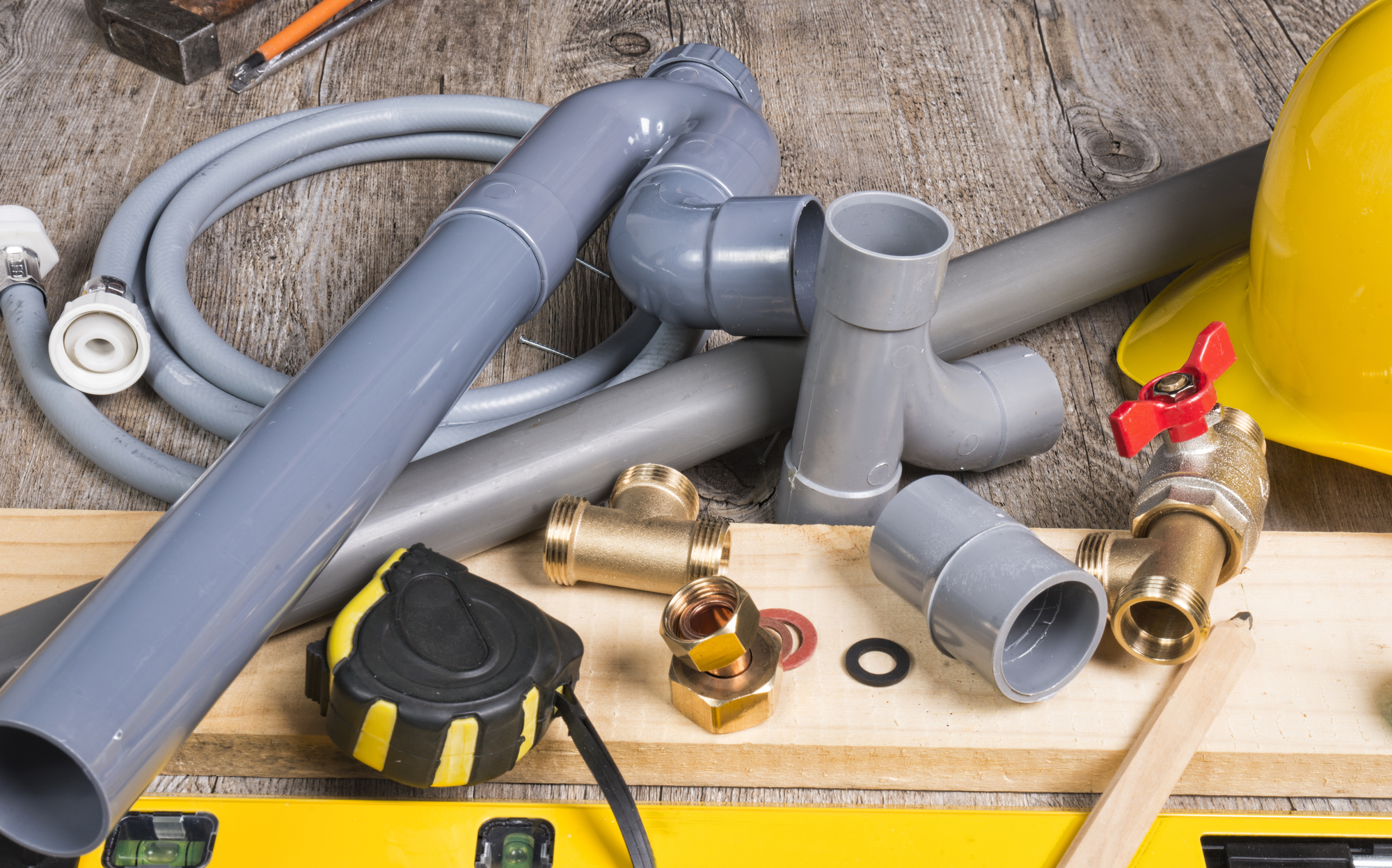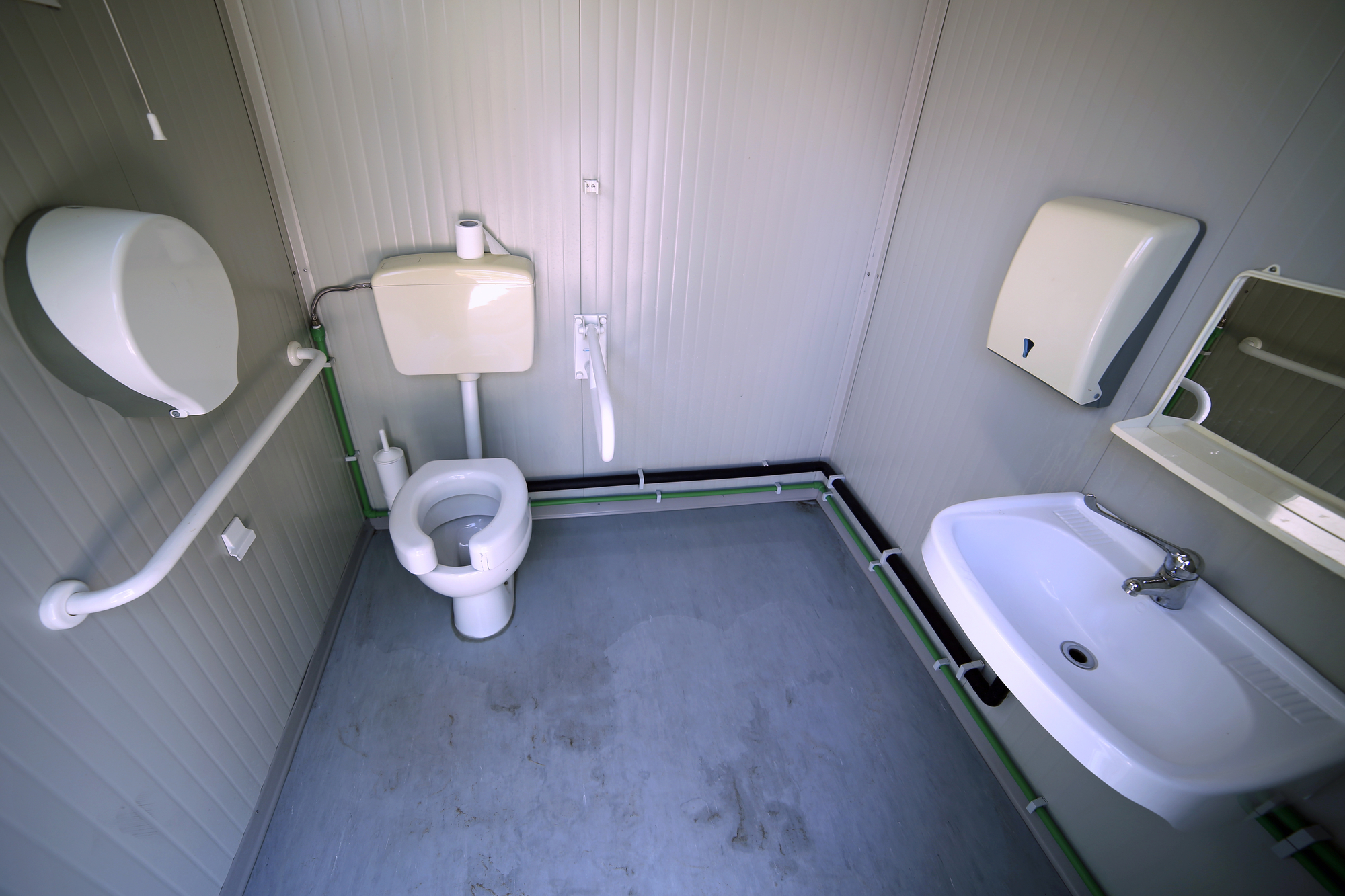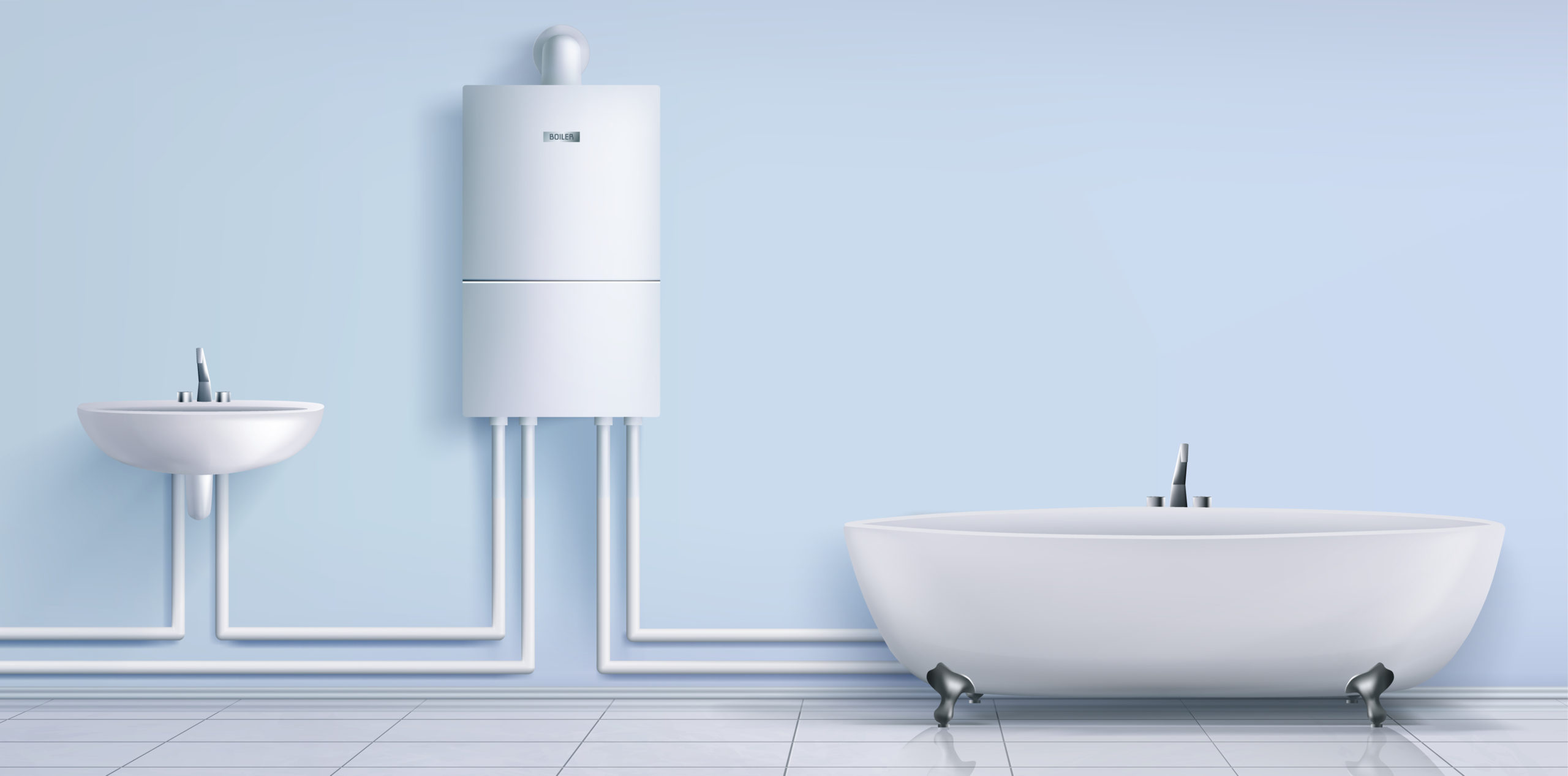Water heaters are an essential appliance in most homes. They provide hot water for showers, laundry, dishwashing, and other tasks. However, like any other mechanical appliance, water heaters can break down over time, and one of the most common problems homeowners face is water leaks. A leaking water heater not only wastes water but can also damage your house and escalate your utility bills. In this article, we will discuss common causes of water heater leaks and what you can do to avoid them.
1. Sediment Build-up
One of the main culprits of water heater leaks is sediment build-up. When water flows into the tank, minerals and other sediments can settle at the bottom and harden over time. This sediment build-up can corrode the lining of your tank, making it weak and vulnerable to leaks. To avoid sediment build-up, you should flush your water heater tank regularly. This practice will help you remove any sediment that has built up at the bottom of your tank.

2. High Water Pressure
Another reason why water heaters leak is high water pressure. If you live in an area with high water pressure, it can put immense pressure on your water heater’s tank, causing cracks or leaks. You can install a pressure relief valve to keep the pressure manageable and prevent your water heater from leaking.
3. Loose Connections and Fittings
Your water heater has various connections and fittings that hold the appliance together. As it ages, these connections and fittings can become loose. The slightest looseness can cause a leak. To avoid this, you should inspect your heater’s connections and fittings regularly and tighten any that appear loose.
4. Corroded Tank
The material used to make a water heater’s tank is susceptible to corrosion. As the tank corrodes, it becomes thinner and more prone to leaks. If you notice discoloration or signs of rust on your water heater, it’s a sign that your tank is corroding. Corroded tanks cannot be fixed and may need to be replaced. You should conduct annual checks on your water heater’s tank to avoid leaks.

5. Damaged or Cracked Drain Pan
Water heaters sit on a drain pan that catches any water that may leak. If the drain pan is damaged or cracked, water can escape and cause leaks. You can avoid this by checking your drain pan regularly and replacing it if you notice cracks or damage.
In conclusion, water heater leaks can be frustrating and costly. However, with regular maintenance, you can avoid most of the causes of leaks. By flushing your tank regularly, installing a pressure relief valve, inspecting and tightening connections, checking your tank for corrosion, and replacing your drain pan, you can keep your water heater running efficiently without leaks. If you happen to notice any leaks, call your plumbing professional immediately to avoid any further damage to your home.






